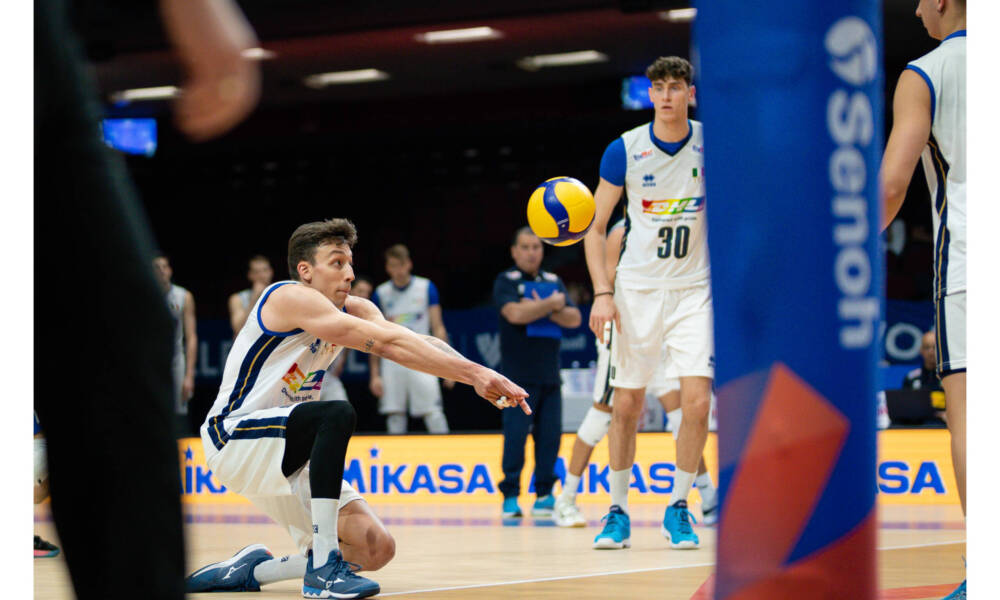The pandemic is over but no universal vaccine against Covid-19 has been sought. The goal is to find one that blocks virus transmission and responds to all variants. But drug companies Pfizer and Moderna are putting the ear to the researchers.
Despite their effectiveness, the mRna vaccines that the two companies provide to half the world do not stop infections and must be updated periodically based on new variants. Therefore, scientists continue their studies to find a broad-spectrum vaccine. However, the experimental vaccines must be compared to those produced by Pfizer and Moderna, to ensure at least the same efficacy and safety. These tests are not possible because Pfizer and Moderna refuse to provide doses for research purposes or do so with great delay. This is denounced by a report entitled “Hostage Search” by the NGO PrEP4All, which is fighting to increase access to medicines. “Without the bivalent Pfizer vaccine, we have no term for comparison,” complain scientists interviewed by PrEP4All. In 2022 alone, companies will have more than 50 billion euros in turnover thanks to vaccines.
The blockade is affecting even research funded by the powerful National Institutes of Health, the world’s leading public research body in the sector, whose researchers have had to refer to expired vaccines or even use partially discarded vials in order to run experiments. Not even the US government, which has millions of doses about to expire, has been able to supply them: clauses in the vaccine purchase contracts in effect establish that licensing of pharmaceutical companies is required to transport purchased doses. “For more than two years, contracts between governments and industry have had the side effect of delaying or preventing access to these products for research purposes,” explains the NGO report.
The pharmaceutical industry is also preventing researchers from the scientific center set up by the World Health Organization in Cape Town (South Africa) in order to develop a local vaccine and reduce dependence on expensive Western monopolies. The doses would have been provided by the French government had Pfizer not opposed it. Even Moderna hasn’t agreed to start clinical trials. The goal of having an African vaccination platform ready to respond to any new health crises may be fading.
Companies also use the terms to opt out of searches that are deemed inappropriate. For example, they waited a year before offering doses for vaccine efficacy studies in the elderly and immunocompromised people, much to their frustration because the virus had mutated in the meantime. Moreover, patents are added to the contractual clauses that allow companies to assert their monopoly also on products derived from vaccines. This discourages researchers interested in cooperating with multinational companies to improve existing ones.

“Infuriatingly humble social media buff. Twitter advocate. Writer. Internet nerd.”










